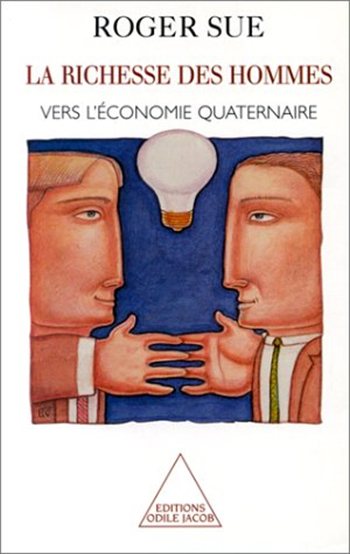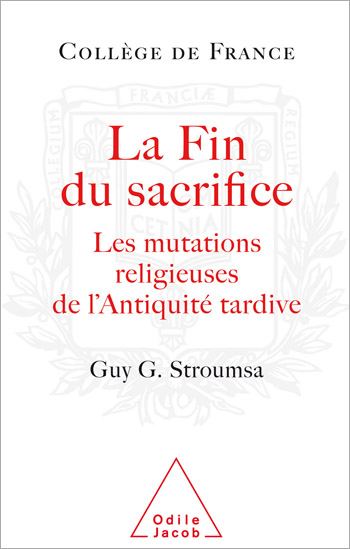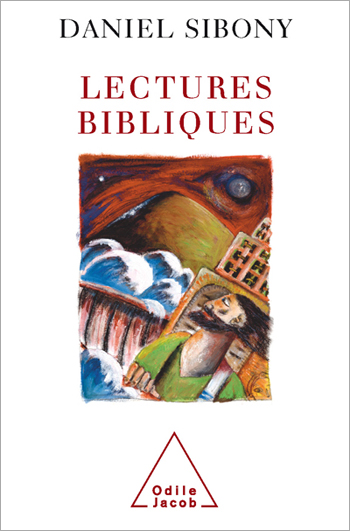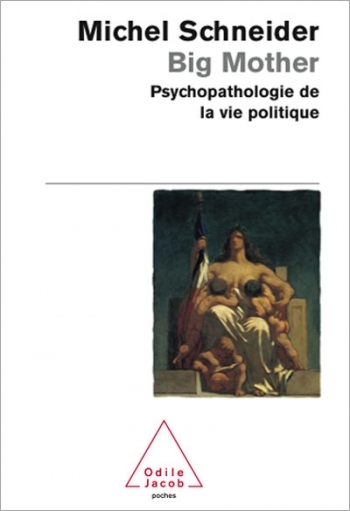Societal issues All books
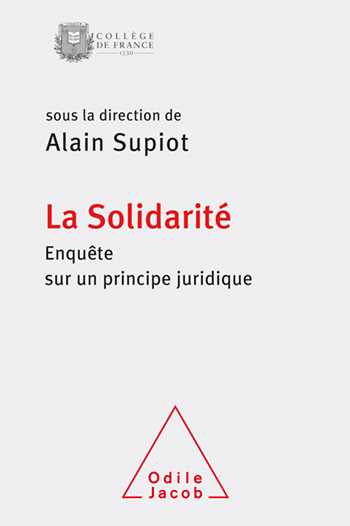
Alain Supiot
Solidarity An Enquiry Into a Legal Principle
A thorough enquiry into the meaning and future of the legal principle of solidarity

Jean-Pierre Sueur
Changing the City For a New Urbanity
Twenty years after France introduced its urban policy, the situation in the cities leaves much to be desired. Widespread problems include insecurity, violence, inequality, unemployment, pollution, poor housing or housing in hideously ugly tower blocks, traffic jams, and the emergence of ghettos. The author gives a critical reading of the various remedial urban policies introduced during the past few years and points to ways in which the underlying causes of todays urban problems may finally be confronted, so as to ultimately and truly change our cities. Jean-Pierre Sueur, a former government minister and member of Parliament, is the mayor of Orleans.
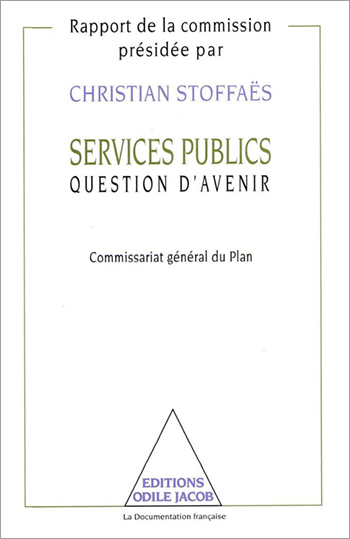
Christian Stoffaës
Public Services A Question of the Future
French public services need to be modernised. In their present position, they incarnate the Welfare State and its grand projects. They are now being challenged by the opening up of the market, the fall of the controlled economy, deregulation, and privatisations. An open economy now rules the network industries, such as energy, transport, telecommunications, and collective services. Can we really just leave isolated and without a future this cornerstone of our society which represents all at once the infrastructure of the competitive economy, great technical achievements, the republican conception of social equality and the cohesion of the country ? A result of the reflections of the Network Plan 2010 group, led by Christian Stoffaës, the director of the company Elecricité de France, this work identifies the currents of change, assesses the situation in other countries, and traces an outline of a significant project to reform the State. In co-edition with La Documentation française.

Manès Sperber
Being Jewish
A non-practicing Jew, Manès Sperber learned to read the Bible at the age of three and continued to re-read it until the end of his life. Neither religious, nor a militant Zionist, nor an aethiest, nor aligned with any cultural Judaism, he professes as his only faith a "religion of good memory." His is a Judaism lived as humanism and as an ethic, as a refusal of all idolatry, of exclusion of others, and a constant combat against hate of any kind. It is a profound attachment to the Israelite nation and a prudent attitude towards the State of Israel that Sperber illustrates in these brilliant essays prefaced by Elie Weisel, where analysis of Jewish thought and identity walk hand in hand with the eternal question: Why anti-semitism?
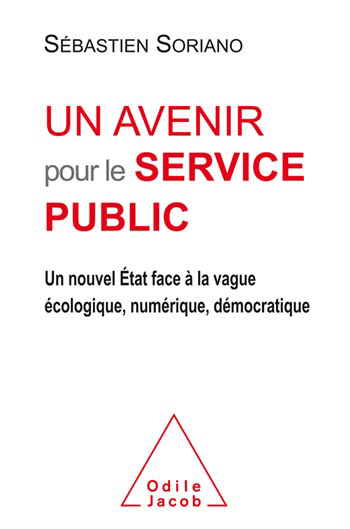
Sébastien Soriano
The Future of Public Service
A decisive contribution to thinking about the sovereignty of society in the face of the era of networks and the digital world.
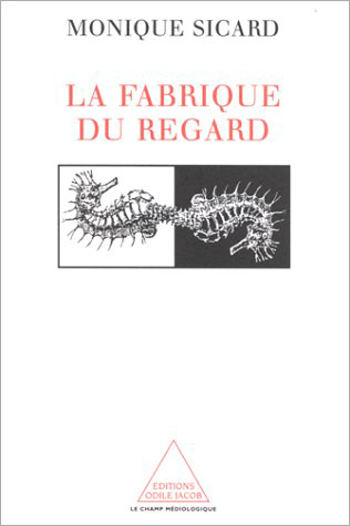
Monique Sicard
The Making of the Image
It was during the Renaissance that images and pictures were first used by anatomists, microscopists, and astronomers as scientific tools. In that era, scientific images served as a kind of inventory of the known world. In the 19th century, the popularization of scientific ideas gave science a new vigor. Photographic images gave science a new reality, explaining and legitimizing scientific concepts--movement, for example--to a fascinated public. In our days, the scientific image is often a construction--helping us to represent objects and ideas that, like fractals or black holes, cannot be defined through actual observation. Monique Sicard is Projects Director at CNRS Images Média.
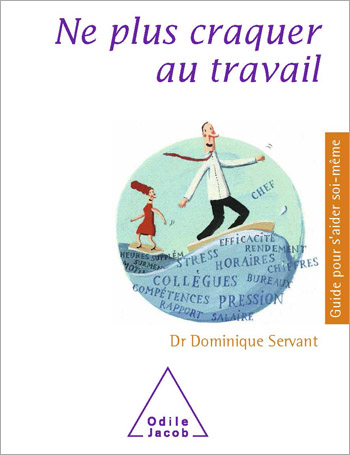
Dominique Servant
How Not to Crack Up at Work
What can be done, in a concrete fashion, to overcome work-related problems and to obtain professional satisfaction and fulfilment?
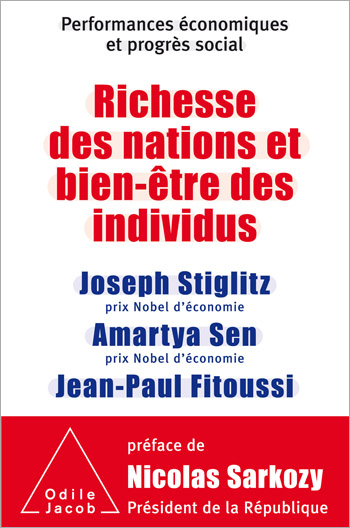
Joseph Stiglitz, Amartya Sen, Jean-Paul Fitoussi
The Wealth of Nations and the Well-Being of Individuals Economic Performance and Social Progress
“If we do not want our future, our children’s future and that of succeeding generations to be strewn with financial, economic, social, ecological and, consequently, human catastrophes, we must change our way of life, how we consume and how we produce...
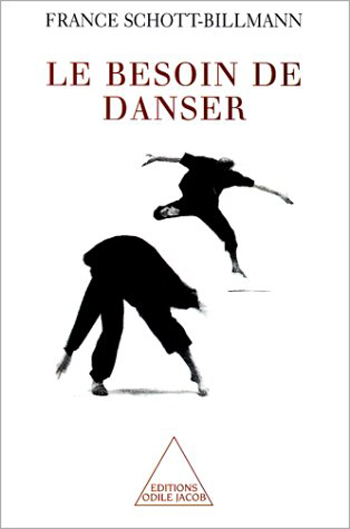
France Schott-Billmann
The Need to Dance
Village dances, the craze for Oriental and African dancing, the large number of rave parties - over the past few years, the joy of dancing seems to have been rediscovered in France. What does the desire to dance hide?
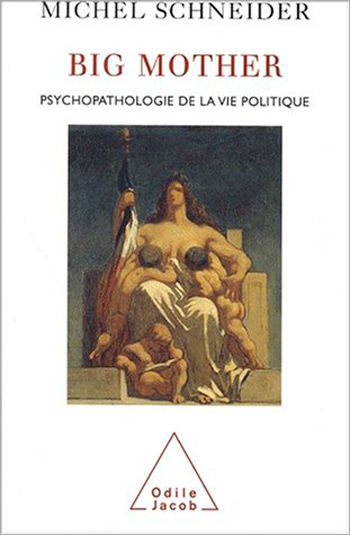
Michel Schneider
Big Mother The Psychopathology of Political Life
Listening, closeness, emergencies, love - politicians today play up to the mother. Leaders dare not lead, the citizens are now so child-like that they simply wait to be told what to do by the State : the Leisure State behaves like those mothers who cannot stand to think that their children can play by themselves, and insist on keeping them busy. Where are the fathers ? Is this the end of the paternal reference and the symbolic order of things ? A psychoanalyst, Michel Schneider was formerly a director of music and dance at the Ministry of Culture.
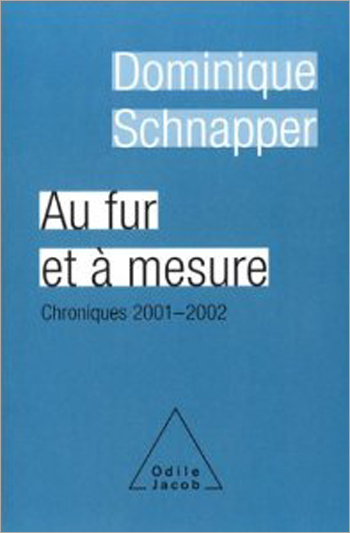
Dominique Schnapper
As Time Goes By A Chronical of 2001-2002
From a mythical meeting in the year 2000, to From our almost mythical appointment with the year 2000, to the presidential upheavals in 2003, this book presents the first expansive record of our entry into a new century. Through insightfully chronicling the passage of time, with both emotion and analysis, the author is able to present us with a picture of our contemporary world. Dominique Schnapper is a director of studies at the École des Hautes Études en Sciences Sociales.

Dominique Schnapper, Paul Saloma, Perrine Simon-Nahum
Thinking about anti-Semitism A Symposium on Anti-Semitism
Commentary from the latest reports on anti-Semitism in France, in order to go well beyond journalistic and political discourse. The current character of the issue, which is examined here with the resources of both history and philosophy. The scope of the analyses proposed by some of the most respected specialists on the issue.

